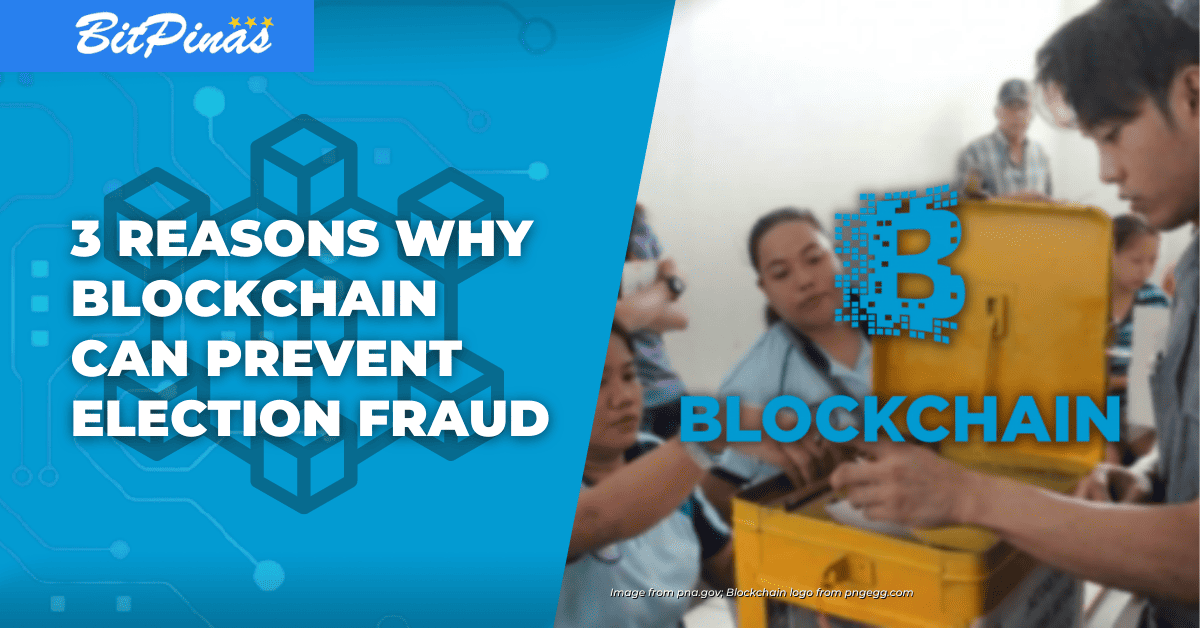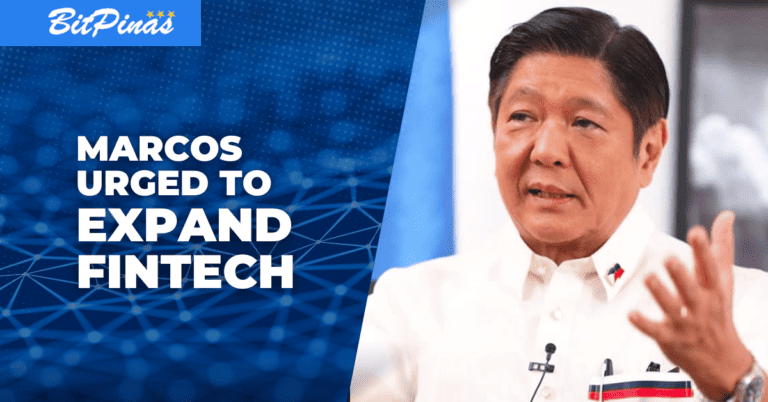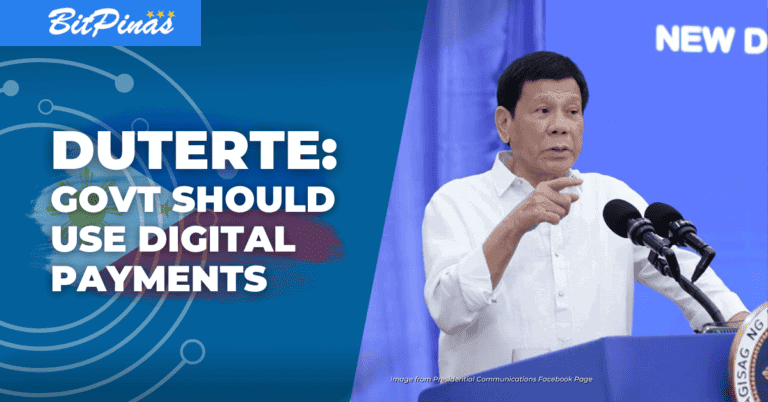3 Reasons Why Blockchain Can Prevent Election Fraud
Can blockchain have the capacity to do such a task? Let us discuss in this article.

It is very interesting to know that one UP Professor expressed her opinion on the correlation between the elections and blockchain technology. Professor Clarita Carlos, a Political Science professor from the University of the Philippines, expressed her thoughts on Facebook. “Why not use BLOCKCHAIN in e-voting to stop vote rigging/fraud and ensure integrity of [the] ballot?” she wrote.
Can blockchain have the capacity to do such a task? Let us discuss in the article below.
What is Blockchain?
There are a lot of definitions about blockchain technology. To simplify it, it is a huge chain of information where when one transaction is made into the network—blocks of data verify the transactions on whether they are valid or not. It functions like a ledger that keeps all records of transactions and validates every transaction done within its network.
There is Transparency
In the process, decentralized autonomous users (DAUs) can trace every transaction in the network which promotes transparency within the network. For instance, Etherscan is used to show all transactions done of one wallet address in the Ethereum mainnet. It can also show the content of the wallet if it possesses any cryptocurrency or non-fungible tokens (NFTs).
There is Immutability and Reaffirmed Integrity
The data within the network cannot be corrupted nor destroyed. In other words, it is immutable. The technology is designed to record all information in blocks. So, even if there would be an issue to one node (serves like a server) in the network, all the nodes will verify if the information is valid or not. So, even if there would be attempts to compromise the network, the nodes possess all data to validate the information. Each node is connected to one another and updates itself of the latest record. Therefore it also reaffirms the integrity of the records within the network.
Imagine using blockchain technology to cast votes and these votes cannot be tampered by random blackouts or compromised memory cards. The data will still be secured and the counts of vote will not be tampered even if hackers attempt to do so. The identity of voters are kept private because of blockchain technology.
Has Voting via Blockchain Done Already in the Past?
Because of blockchain’s characteristics of having transparency, immutability, and reaffirmation of its integrity, there are several organizations and start ups that have used this technology to cast their internal votes.
One of these organizations is related to Tezos, a cryptocurrency that promotes a cleaner blockchain by using reusable energy. The Association of Cryptocurrency Enterprises and Start-ups, Singapore (ACCESS) used the technology to vote for their new board members. ELECTIS, a blockchain-based voting solution, was used in this conference of crypto-related organizations. ELECTIS is a web-based platform where an organization can create their election and have their members sign up to the platform to vote. This was used in France, Switzerland and the United Nations.
The State of Alaska, USA, attempted to have the first blockchain voting in their country, in April 2019. A bill was proposed to have their state establish a blockchain based election and have their constituents register to the system for them to participate in the election. This could have been the first of its kind in their country.
In November 2018, blockchain was used for the first time in a large-scale voting done for a political related election in Thailand. Firo, formerly Zcoin, was used in voting for Thai Democrat Party’s new party leader. The Thai Democrat Party is Thailand’s oldest political party. Voters would either use voting stations nationwide utilizing a Raspberry Pi based system or alternatively a mobile voting app called D-Elect that required voters to submit their identification for Know Your Customer (KYC) purposes. It took twelve hours to conclude the counting of votes nationwide with 127,479 votes made.
With blockchain technology is gradually being adopted in the Philippines through innovations like blockchain games or crypto trading, there is a possibility that this can also be practiced in the country and bring more trust in the electoral system because of its transparency, incorruptible data, and integrity to give credible results of votes. This could also lead the way for better governance in politics, corporations, and small startups in the country.
This article is published on BitPinas: 3 Reasons Why Blockchain Can Prevent Election Fraud
Disclaimer: BitPinas articles and its external content are not financial advice. The team serves to deliver independent, unbiased news to provide information for Philippine-crypto and beyond.


![[To the moon and back] Bitcoin Goes Under Php 500,000 Amids Report of Exchange Outages 4 [To the moon and back] Bitcoin Goes Under Php 500,000 Amids Report of Exchange Outages](https://bitpinas.com/wp-content/uploads/2017/12/bitcoin-tops-out-3.jpg)


